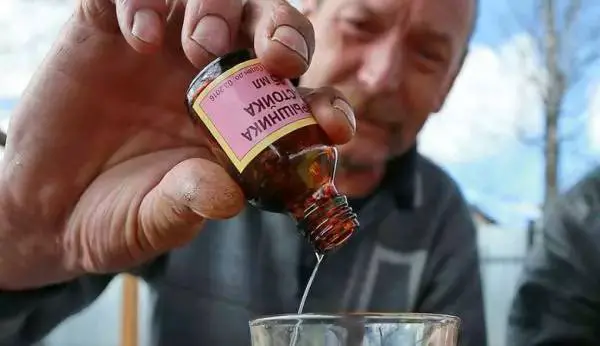By APD Writer Zeng Xinlan
A series of memes turn out to be the spotlight on China’s Internet in recent weeks.
It’s all about a fish which is depicted in a ridicious and simple drawing style. Adapted from the original pattern with the conversation started with “Who Are We” , the image has been repurposed as
various themes such as women, memory and etc.
In the exaggeratedly images, people seem to find a getaway from often stressful and sometimes suffocating adult life. The colorful sketch mixes humors and insights in a tone of self-mockery.
However, the writer’s experience may be more illuminating than the story itself. Allie Brosh, an 20-something American girl, ever suffered from serious crippling depression and was absent from her popular blog for a long time. One year and a half later, she returned with an insightful and inspiring book named “Hyperbole and a Half”. Besides a majority of stories about her dog and her favorite pet “alot” (meaning ‘a lot’), Allie also includes some stories from her childhood and the challenges she faces as a grown-up.
Since its publication, the book has been praised by readers, critics and psychologists, who say the description of the depression is precise and artistic, and ridiculously silly. By describing her frustration over her inability to keep enthusiasm for life, she inspires many with the similar problem and arouses public attention on the once “unspeakable” symptom.
Pondering on the probable most-marginalized social issue of our times, it’s not hard to find how the serious dilemma those depression patients face and how hard the life is for them becasue the problem is often falsely linked with “pretentiousness” , “over-sensitiveness”, or even “illness of affluence”.
Instead of being a mental bug, the depression is more of a mood disorder which hinders the suferer from any emotional feelings such as happiness, enthusiasm and so on. The loss of interests on daily activities eventually confining the sufferers themselves to bed, struggling all day, and yet another day followed.
“What can I do?” You may ask. Fortunately there’s loads things to do, to name a few: learning the fundamental idea of the depression, offering help to your friends are experience obvious emotional changes. What’s even more approachable, please do not judge them with any blinkers.
(ASIA PACIFIC DAILY)
 简体中文
简体中文





